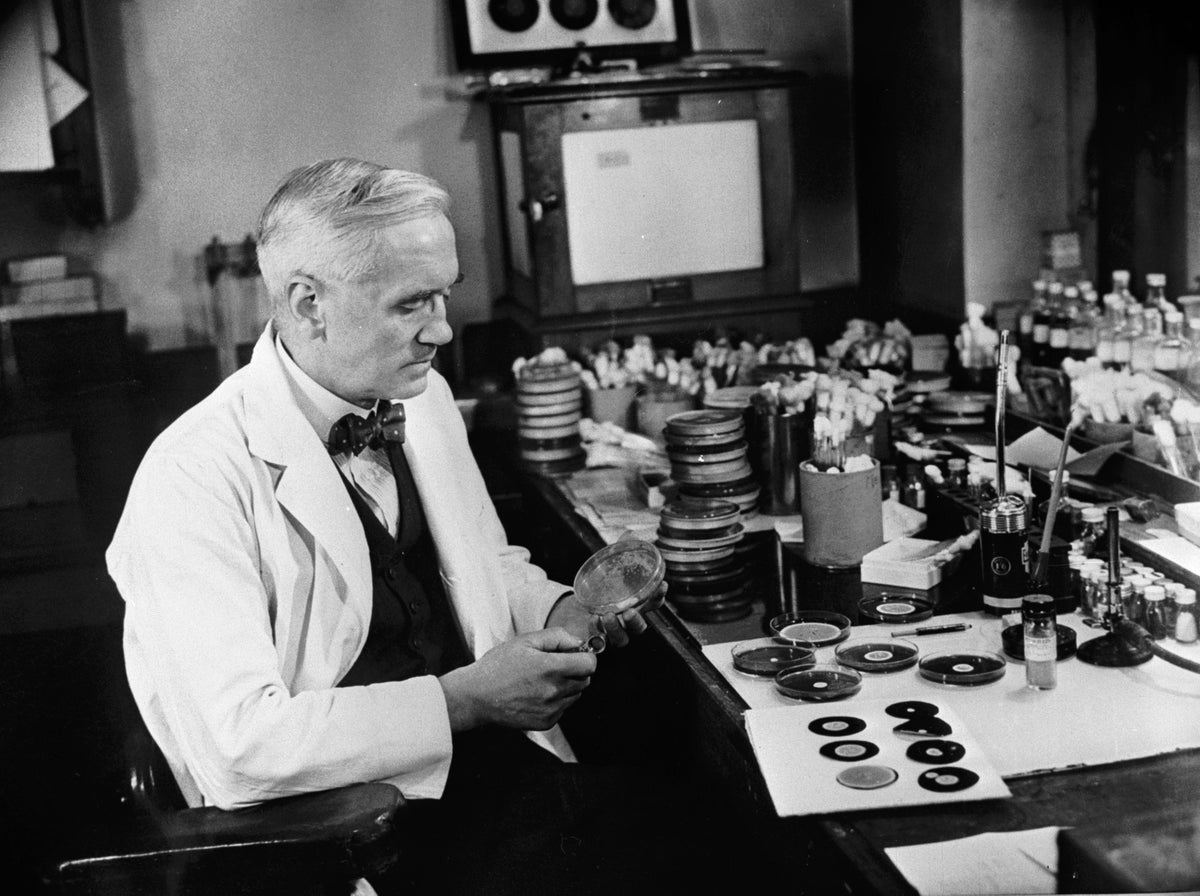On this day, 28th September: Discovery of penicillin - 1928

Alexander Fleming's discovery of penicillin on September 28, 1928, is regarded as one of the most important medical breakthroughs in history. He accidentally discovered that a mold called Penicillium notatum had destroyed the surrounding bacterial colonies on a petri dish in his laboratory. This mold produced a substance—later named penicillin—that could kill a wide range of bacteria.
Major Impact:
- Mass production: During World War II, penicillin was mass-produced and used to treat soldiers with infected wounds, drastically reducing mortality rates.
- Post-War Use: Following the war, penicillin became available for the general public, revolutionizing healthcare. It was used to treat infections like pneumonia, scarlet fever, and syphilis. Before this, such infections were often fatal.
- Birth of the Antibiotic Era: Fleming’s discovery paved the way for the development of other antibiotics, fundamentally altering how bacterial infections were treated.
For his groundbreaking work, Fleming, along with Howard Florey and Ernst Boris Chain, who helped in the purification and mass production of penicillin, was awarded the Nobel Prize in Physiology or Medicine in 1945.
Penicillin has saved millions of lives and continues to be the foundation for modern antibiotics, changing the landscape of medicine forever.
Alexander Fleming made a groundbreaking discovery when he found that a mold called Penicillium notatum had antibacterial properties. This led to the development of penicillin, the world’s first antibiotic, which would revolutionize medicine by treating bacterial infections that were previously life-threatening. Penicillin became widely used during World War II, saving countless lives from infections caused by wounds. Fleming’s discovery marked the beginning of the antibiotic era,





